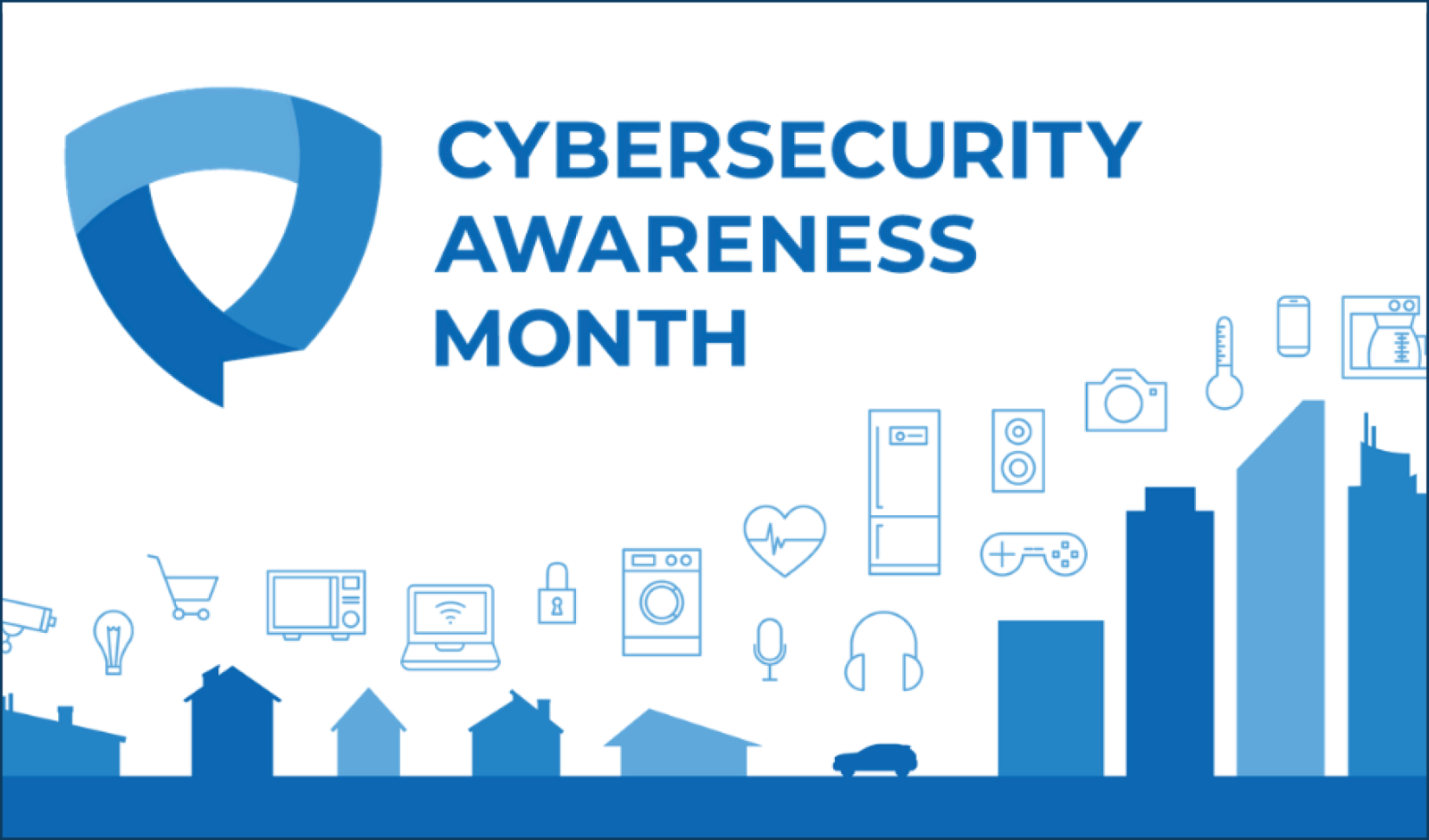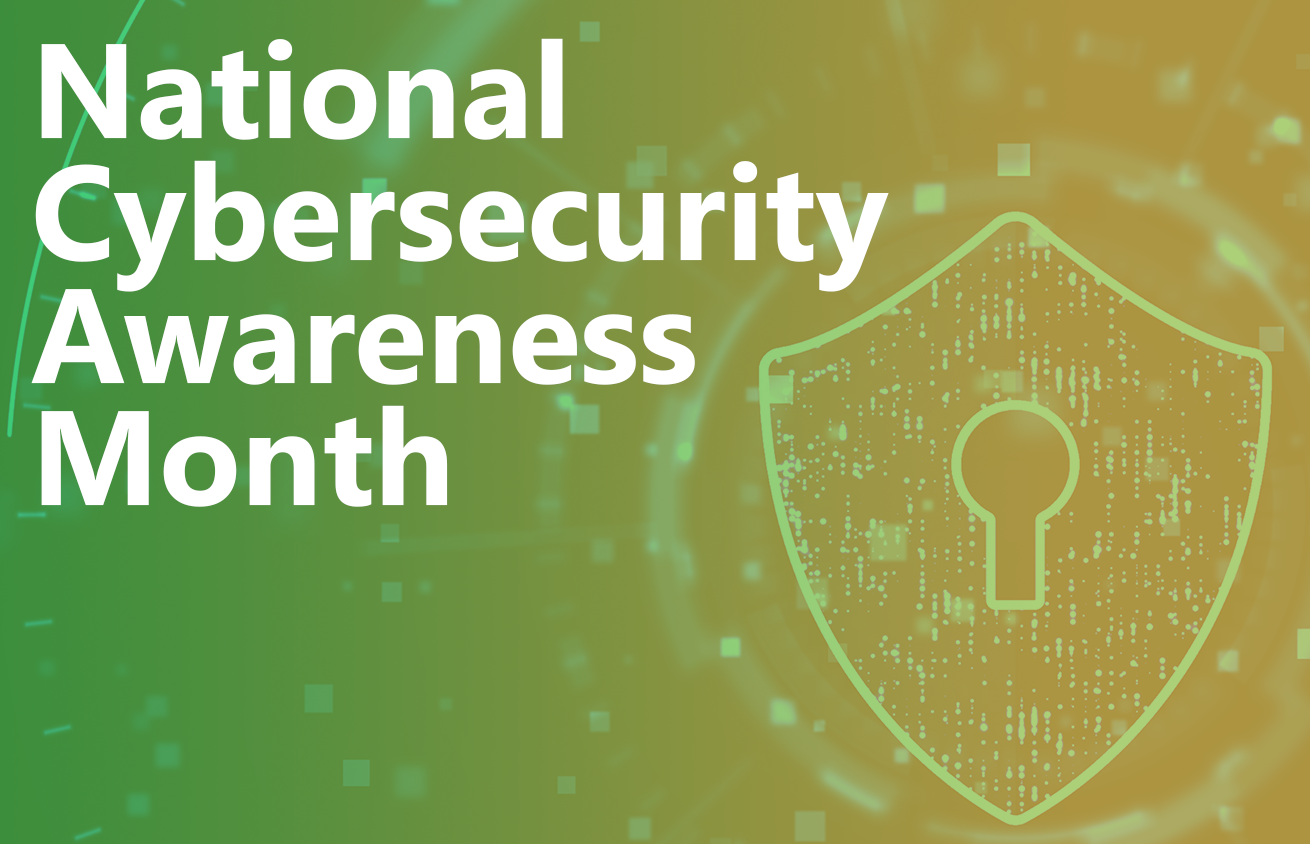SurfWisely Synopsis
Why does this matter to me?
Parents — Internet safety is a huge concern in your children’s lives. With the help of internet filters, you can trust they’ll be kept to safe content during the school day. Internet filters can help prevent cyberbullying, cyber predators, identity theft, viruses on devices, and more. They can also help your child avoid inappropriate content online. Sharing the details of these tools with your child can help them understand the important work they do, instead of feeling limited by their presence.
Principals and School Administrators — Keeping kids safe online is a huge piece of your job, and school devices are important to protect, too. Web filtering can help you block access to inappropriate content, and not just the sites that are mandated. Social media, fake news sites, malware addresses, and more. You can have your tech staff teach about the tools, too, so students understand the dangers they’re up against and what the blockers they experience are trying to accomplish.
Tech Teachers — What sites should you block to keep your students and devices safe? How can you explain the need for site blockers to your students in a way that will educate and empower them, instead of making them feel micromanaged? Teach the purpose of internet filters and the basics of the dangers they aim to prevent — cyberbullying, identity theft, predators, viruses on devices, etc. Keeping kids safe is simpler with technology on your side — and with students who understand the purpose.
More About Internet Filters for Schools
As we briefly mentioned above, content filtering accomplishes two important tasks — keeping kids safe throughout their internet access and protecting school devices. Each of these aspects is explained in detail below.
How Web Filtering Keep Kids Safe
Internet filters became the norm in schools in 2001, due to the passing of the Children’s Internet Protection Act (CIPA). This act required schools to filter websites and pages that included harmful or inappropriate content, monitor their online activity of minors, and provide basic training on cyberbullying and appropriate online behavior.
CIPA is still in place today, but the internet has evolved extensively since 2001. We no longer limit our concerns to these three spaces. Students need to be protected from:
- Increased levels and complexity of cyberbullying
- Cyberpredators
- Identity theft and other losses of personal information
- Phishing scams and malware
With these concerns, the blacklist websites can vary by age, school district, and more. Social media, for example, may not be directly dangerous, but it is filled with potential threats to students. It wouldn’t be blocked under CIPA, but many schools are needing to make similar adjustments to protect students in todays’ times.
And with internet filtering, students can be protected from many of the online dangers that enter their schools’ walls.
How Web Filtering Protect School Devices
School internet safety concerns aren’t just about students — though they are where our main focus lies. We also need to look into devices. School computers, laptops, and tablets take up a significant chunk of the budget when purchased. And we can’t let the high cost go to waste.
Internet filters can help keep school devices safe by blocking sites that are known to include malware. Some commonly blocked sites include:
- Suspicious domains
- Gambling sites
- Gaming sites
- Fake news sites
- Social media
Many schools also utilize a popup blocker as part of their internet filter to keep students from falling for real-time phishing scams that appear on their computers.
Keeping Students From Working Around Internet Filters
There’s no doubt that our students are incredibly smart. If we block access to a site, they often find a way to get past the barrier and view the content anyway. By training students on the importance of cybersecurity tools like web filtering software, we can help them stay motivated to keep themselves and their devices safe at all times — even if it means skipping a game of social media post for the day.
If you need help implementing a fun and engaging internet safety program for your K-12 school, reach out to SurfWisely today. Our gamified app is educational and enjoyable, giving you and your class the power to stay as safe as possible throughout internet usage.


